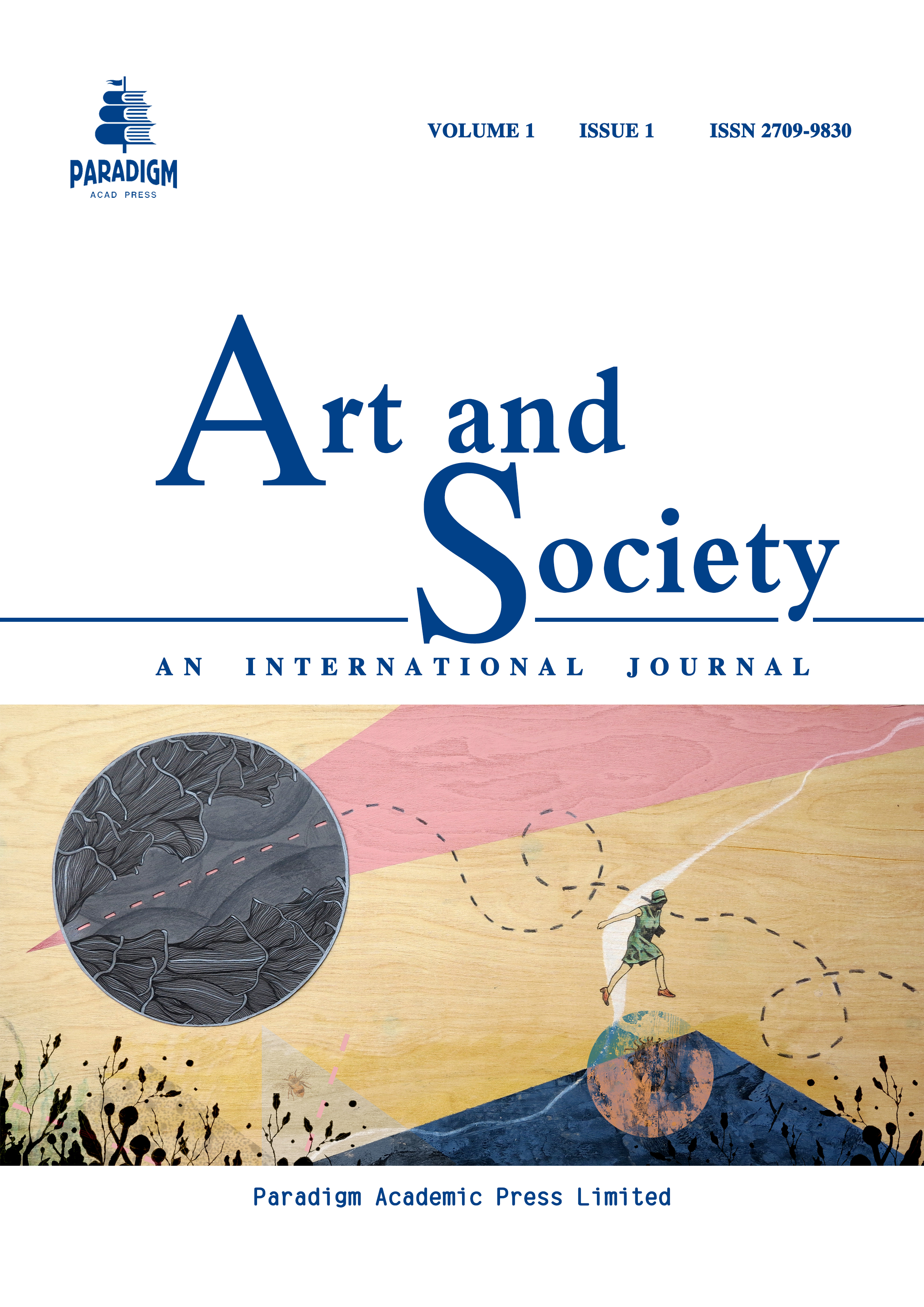Do the Preferences of Women Differ? Female Representation in Parliament and the Composition of Government Expenditure
Keywords:
female representation, parliament, government expenditureAbstract
The individual preferences of the elected may influence the decomposition of public spending since policy commitment is not always feasible. This paper investigates if the proportion of female representation in parliament affects the composition of government spending. To attain this objective, we analysed the effect of female representation in parliament on preferences expressed by the proportion of each and every component of government expenditure using a system-GMM estimation technique with data from 126 countries of the world. Our results revile that, women representation in parliament increases expenditure on education, government consumption and health expenditures and on the other hand, female representation in parliament decreases military as well as research and development expenditures.



